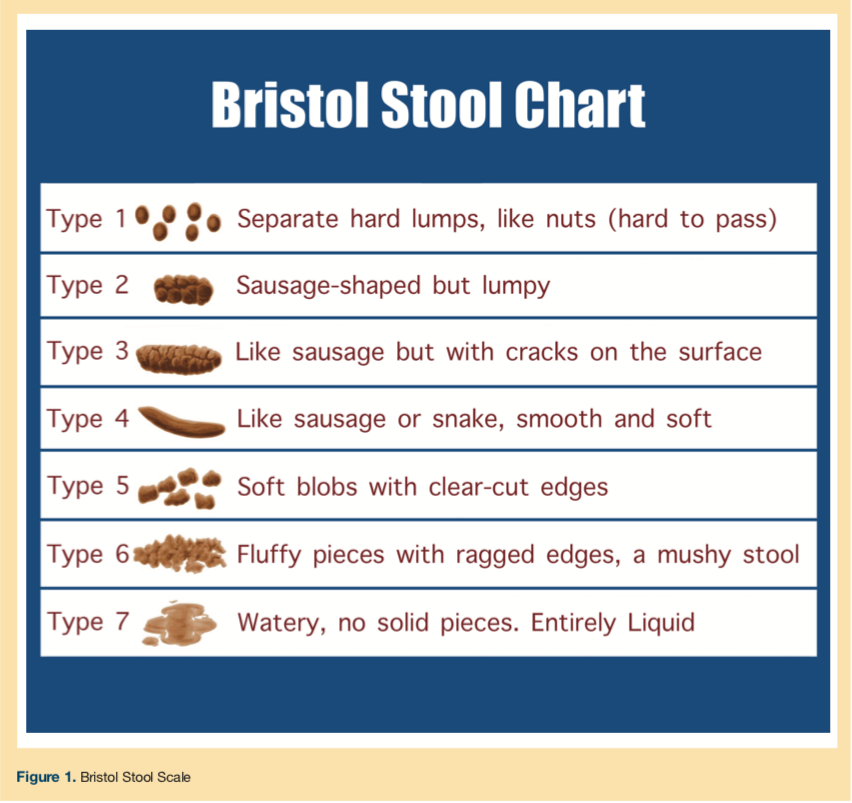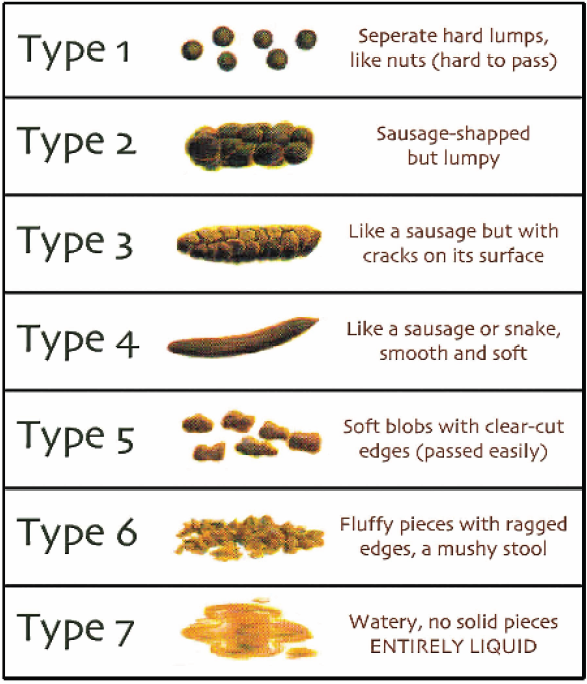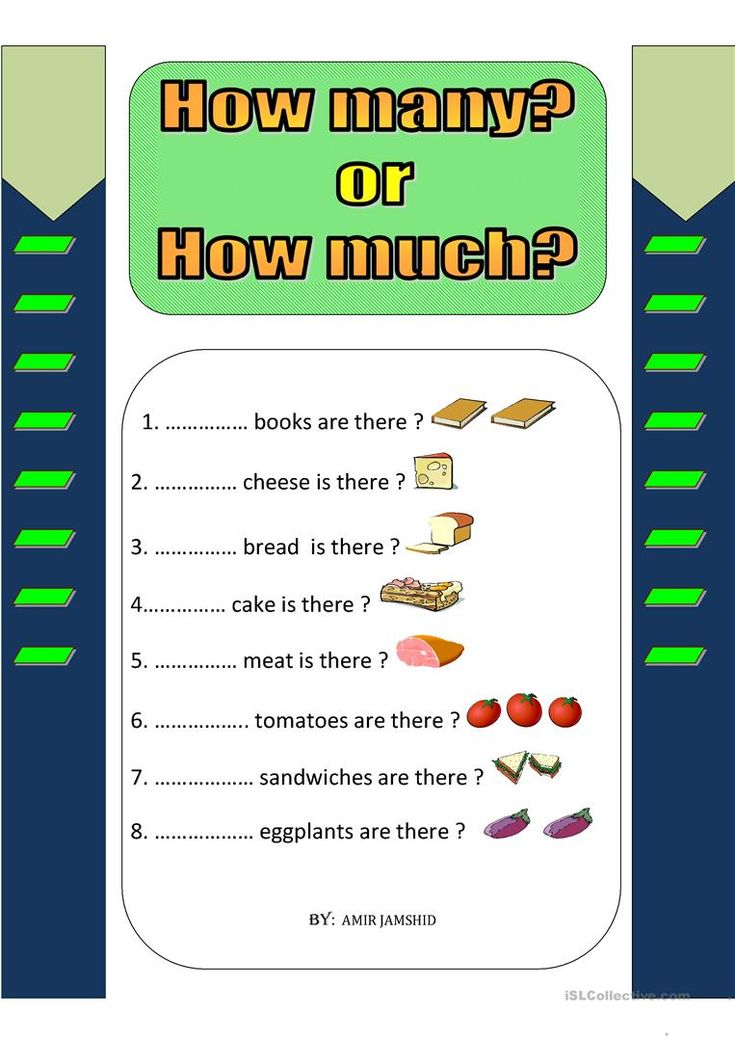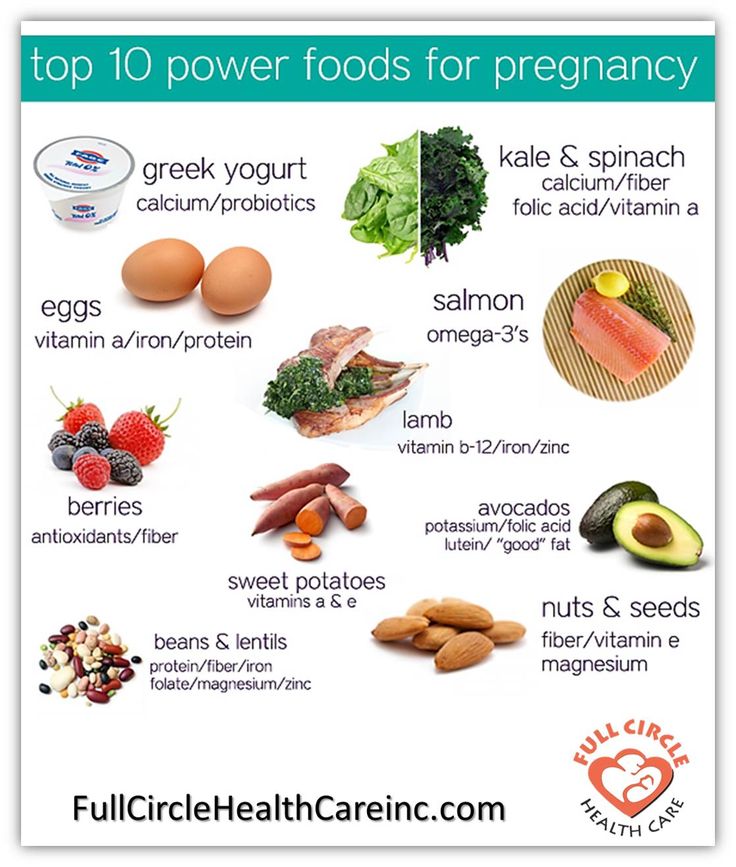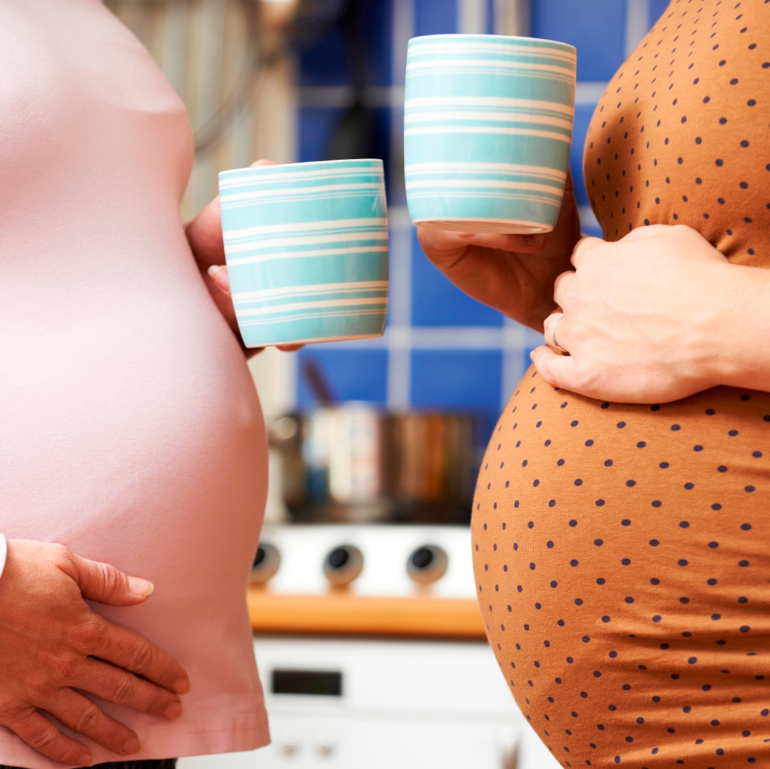What foods make a baby constipated
Foods to Relieve Constipation in Babies
As new parents, we quickly learn that “poop” becomes part of one’s daily conversation. You start to calculate how much and how often baby poops. The doctor will ask you what it looks like and smells like.
When a baby is suddenly not pooping, we start to get concerned. Especially if he becomes cranky or cries while pooping. This can be a sign of constipation.
It can happen to breastfed or formula fed babies and often begins when switching to solid foods. When their digestive systems are only used to breast milk or formula, solid foods can be tough to digest.
The frequency of bowel movements, or the lack of, is not the only clue your little one might be constipated. If your baby’s poop is very hard or seems difficult to pass he may also be suffering from constipation.
There are certain foods that are more likely to cause constipation and discomfort. If you suspect your baby is suffering from constipation, read on. We will run through the foods that can trigger constipation and foods to relieve constipation in babies.
- Yogurt
- White bread
- Pasta
- Applesauce
- Unripe bananas
- Cooked carrots
- Rice cereal
- Cheese
These foods are known to trigger gassiness and constipation in most babies. But, it is important for you to keep track of your own baby’s symptoms related to what they are eating. What triggers constipation in one child may not necessarily be the same in another baby. To help avoid constipation in babies, you need to feed your little one foods that are high in fiber content or have natural laxative properties. Just some small dietary changes can make your baby feel better and get his digestion flowing more smoothly. By adding some of the following foods to your baby’s diet you will surely get the “poop talk” back to a more positive conversation.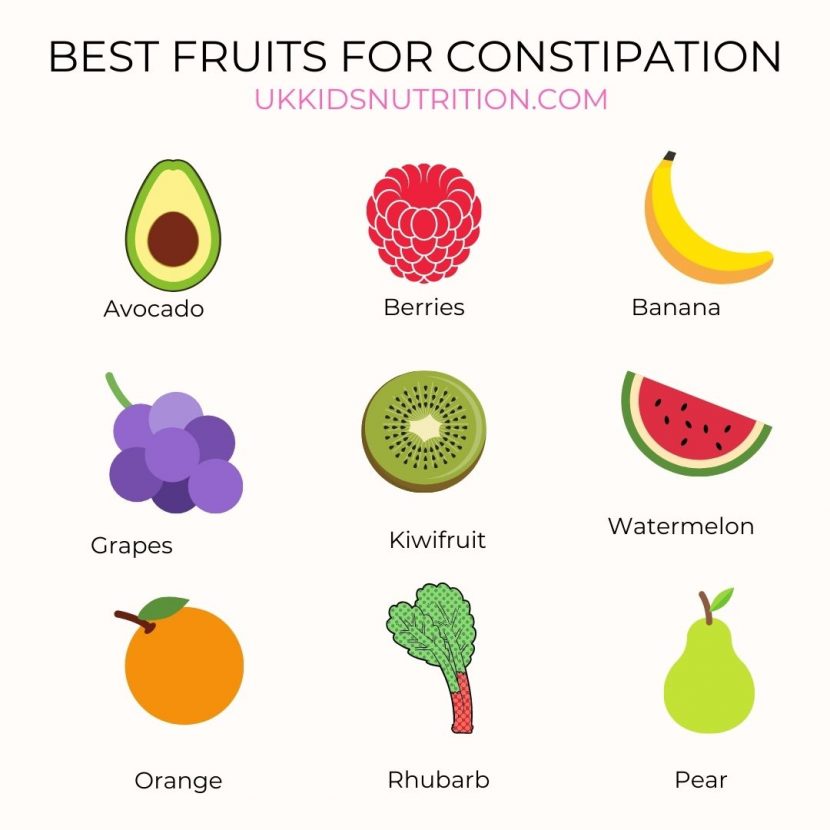
Foods to Help Relieve Constipation in Babies:
- Cheerios: High in fiber. Try the whole grain option for babies who are already eating finger foods.
- Soy Products: This can be especially helpful for babies who are allergic to milk proteins. If mom avoids dairy and replaces it with soy products, her breast milk may become more favorable for baby’s digestion.
- Berries: Berries of all kinds are packed with fiber and their natural sweetness is a favorite of children of all ages.
- Prunes and figs: Packed with fiber and also a natural laxative. You can cut them into small cubes and allow baby to feed himself or serve as a juice or ice pop
- Oatmeal and other whole grains: These are naturally high in fiber and energy. Oatmeal is available commonly as a pre-cooked baby cereal and whole grain bread is a good source of whole grain for your baby.
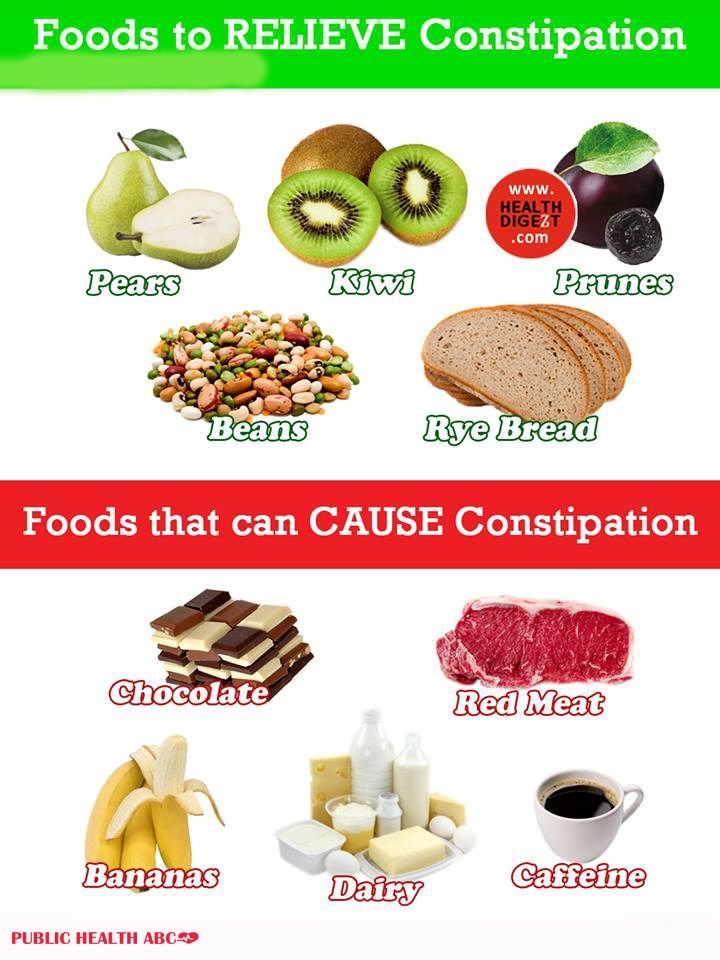 **Try mixing the cereal with a little prune juice!
**Try mixing the cereal with a little prune juice! - Beans: “Beans, beans the magical fruit, the more you eat the more you toot!” We already know that beans, of any kind, have a great mixture of soluble and insoluble fiber both of which help in digestion and help to promote more regular bowel movements.
- Pears, Plum, and Apples: All are rich in fiber and are available to be purchased in baby food jars at your grocery store or can be served cubed to baby.
- Sweet Potatoes: These are extremely rich in fiber, it’s best to have them with the skin on, however this can be difficult for babies to chew so consider a puree
- Nuts: Most nuts are a great source of protein and fiber - but feed them in moderation because they are also high in fat. Most pediatricians recommend waiting until one year of age to serve nuts and tree nuts to children for the sake of allergies.
- Water: Additional liquid into baby’s diet will help to keep stool softer.
 Offering water or diluted juice in a sippy cup will help with constipation. (However, always check with your doctor before adding water or other liquids to baby’s diet as babies younger than 6 months generally get all the water they need through breast milk or formula.)
Offering water or diluted juice in a sippy cup will help with constipation. (However, always check with your doctor before adding water or other liquids to baby’s diet as babies younger than 6 months generally get all the water they need through breast milk or formula.)
Hopefully just some simple diet modifications will leave your baby pooping freely and feeling much more comfortable! Remember that every baby is different and their body will react differently to certain foods.
If simple diet changes don’t seem to make a difference please seek out the advice of your doctor so they can rule out any other serious issues.
Are There Baby Foods that Help with Constipation?
While parenting brings many surprises, one of them is likely how much you’ll think about poop, or lack thereof, especially during that first year. But here you are worrying about your baby’s digestive tract and convinced that they’re constipated.
If you’ve recently introduced your baby to solid food, then your worries may be on target: solid foods can put a strain on your baby’s developing digestive tract and cause constipation.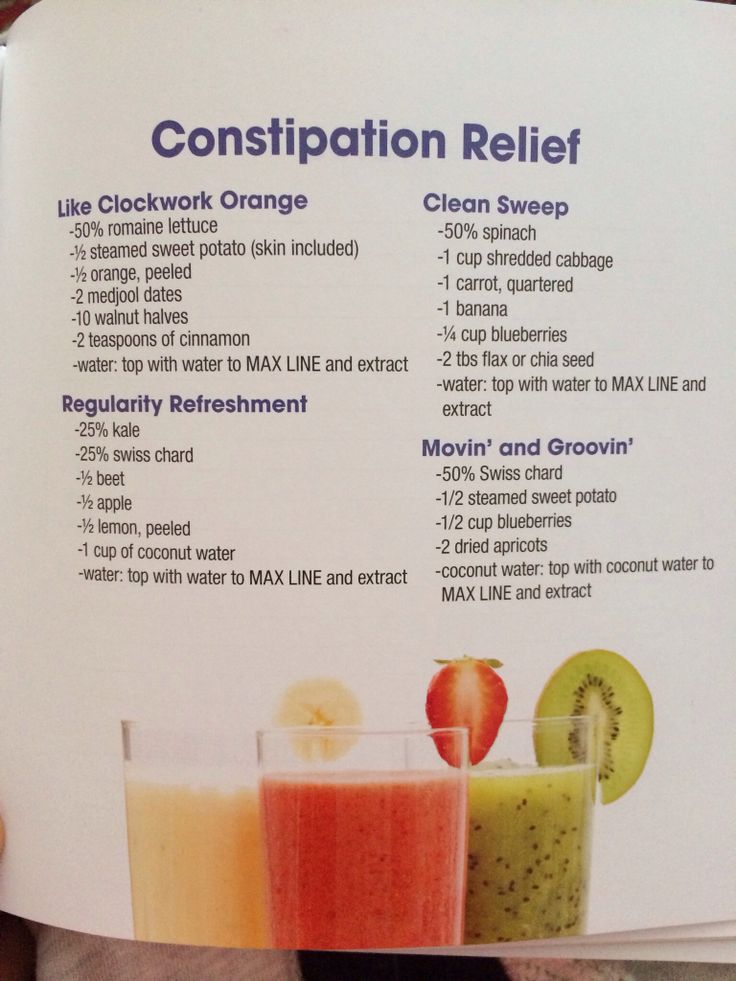 But there are things you can do to help!
But there are things you can do to help!
Before you begin treating constipation you should determine if there is really an issue at all. So here’s the scoop on poop and how to tell if your worries are founded and your baby is constipated.
Breastfed babies
During the first few weeks, you’ll find yourself changing diapers with alarming regularity. Figure in every feed or so.
But don’t despair, because by the time your baby reaches 6 weeks old, they may have a bowel movement only once or twice a day. On the other hand, they may have one only every 7–10 days. (Yep, the frequency really can vary that much.)
The poop is yellow, soft, runny and sometimes lumpy and the smell isn’t unpleasant.
Formula-fed babies
A newborn, formula-fed baby typically poops up to five times a day. At about 6 to 8 weeks, this may decrease to around once a day.
Formula-fed babies have poop that is a camel to brown color with a thicker consistency, more like paste. Most likely, the less-than-aromatic smell means you’ll hermetically seal soiled diapers before you toss them into the garbage.
Most likely, the less-than-aromatic smell means you’ll hermetically seal soiled diapers before you toss them into the garbage.
Signs that your baby is constipated
You’ve noticed that your baby’s tummy isn’t following the schedule that you got used to. Could it be constipation? Here are the signs that could confirm your suspicions:
- You notice that they cry or fuss while they’re trying to have a hard bowel movement.
- The poop, when it does come, is like hard pellets.
- You notice streaks of red blood in the hard poop.
While it’s not easy for a baby on a liquid diet to become constipated, trouble can start when you start introducing your baby to solid foods at around 6 months. Here’s why:
New food types
Think of it as a learning curve: Your baby’s body is learning how to cope with a new kind of food to digest as they move away from their full liquid diet and you need to soften the learning curve. (Pardon the irresistible pun.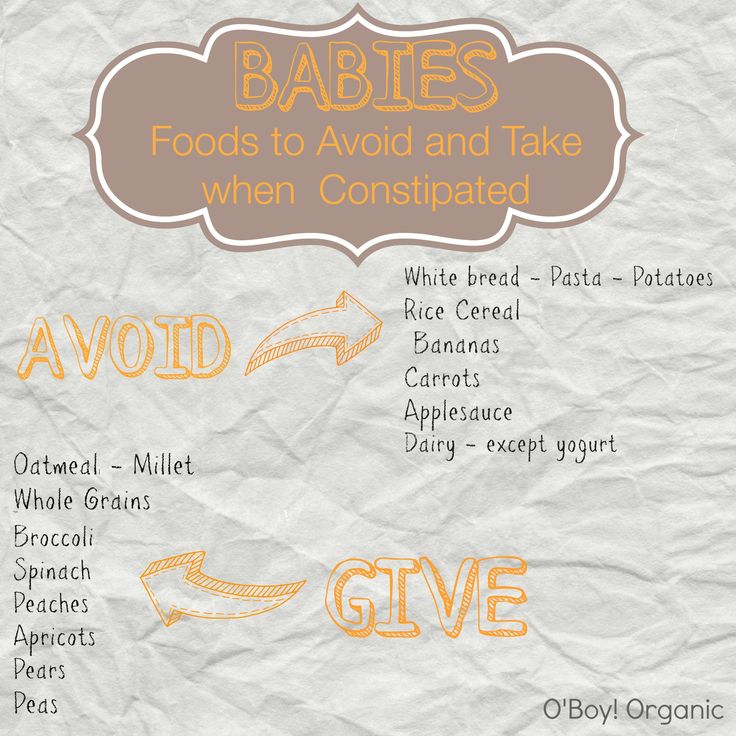 )
)
Changes to fluid intake
Decreased fluids will make your baby’s poop harder and more difficult to push out. If they’ve started solids, they may need to up their fluid intake to offset the solid food. And if your baby is teething or feeling unwell, it can also lead to them taking in less fluid than usual.
Lack of fiber
Even though they’re just starting out, babies’ tummies work like ours. While initially the move to solids that have fiber (from breast milk or formula, which don’t) can cause temporary constipation, their tummies will adjust.
Make sure to monitor your baby’s fiber intake and pair it with plenty of hydration for a smooth ride the same way that you monitor yours.
OK, so you’ve confirmed that your baby is constipated. The next step is helping to alleviate the strain on their developing digestive system.
Remember that you can keep offering these foods as your baby develops into a toddler and beyond. In fact, there is little research or evidence to support specific foods (including high fiber ones) in treating or preventing constipation in infants. Most of these recommendations are based on evidence for older adults and children.
Most of these recommendations are based on evidence for older adults and children.
Keep in mind that good practice when introducing solids is to introduce foods as single ingredients. That way, if your baby is allergic to certain foods, you’ll be able to more easily trace the source.
If your little one hasn’t tried these foods before, don’t rush the process. Test out one at a time and then introduce combinations once you’re confident they’re well tolerated.
- Back to basics. Give your baby’s digestive tract a break by feeding them mashed avocado or sweet potato purée. These are easy to digest and may give your baby the kick start they need.
- B vegetables. Think broccoli, Brussels sprouts, and beans. Purée these for a meal filled with fiber.
- P fruits. Your grandmother was right — bring on the prunes for quick work. A purée that includes a mix of prunes plus pears, plums, or peaches should work magic.
 Try subbing the prunes with dates for a change.
Try subbing the prunes with dates for a change. - Bring on the fiber. If your baby is over 8 months, you can offer them whole grains like oatmeal, fiber-rich cereals, whole wheat pasta, and brown rice.
- Water intake. Until 6 months an exclusively breastfed or formula-fed baby doesn’t need to drink water. Above this age, you can introduce small amounts of water.
Plums and pears with cinnamon
Cut 2 or 3 pears and plums into small pieces. Place in a saucepan with a small amount of water and simmer until soft. Add in a sprinkle of cinnamon. Blend thoroughly.
Sweet potato with apple and peach
Cut half a sweet potato, one apple, and half a peach into small pieces. Place in steamer basket and cook until tender. Blend until smooth.
Spinach and apple purée
Chop two apples into small chunks and cook in saucepan with about 1/2 cup of water. When they’re tender, add about 1 cup of spinach and cook another 2 to 3 minutes. Purée until smooth. Can be seasoned with cinnamon and ginger.
Purée until smooth. Can be seasoned with cinnamon and ginger.
Some sources suggest prune, pear, and apple juices help to increase the water content in poop and can ease constipation.
However, the American Academy of Pediatrics recommends steering clear of fruit juice for children younger than 1 year old. You can stick with these fruits as purées for similar effects.
What is it about prune juice? The high levels of sorbitol and phenolic substances in prune juice and dried plums act as a laxative and diuretic properties. So if your child is over 1 year old, you can use small amounts of prune juice to encourage their system to run.
Some studies show that constipation may affect as much as 30 percent of children. If your child is part of the unlucky statistic, here are some foods that you may want to give them smaller amounts of until it passes:
- bananas
- dairy products such as cheese and yogurt
- low fiber foods like white rice, white bread, and white pasta
If you’re like most parents, you’ll be up for whatever you can try to help your baby get comfortable fast. Here are a few tricks that you can use to ease your baby’s constipation:
Here are a few tricks that you can use to ease your baby’s constipation:
- Warm baths. These can relax those abdominal muscles and get them working.
- Exercise. Lay your baby on their back and push their legs alternately as if they’re cycling a bike. Alternatively, hold their knees and feet together and push their feet towards their belly.
- Massage. Use your fingertip to draw clockwise circles on your baby’s stomach.
If you see that despite your home remedies, your baby still is having hard stools or hasn’t pooped after 2 or 3 days from their last hard stool, then contact your pediatrician. Especially if you consistently notice blood in their poop or your baby is extremely irritable and appears to be in pain.
While dealing with your baby’s toilet issues may seem a tad unsavory, you’ll soon be so used to it, that you’ll find yourself sharing your insights over coffee with other parents. And don’t be shy about sharing the yummy food combinations you discover to keep things moving.
Mother's nutrition in case of constipation in a child
Co-author, editor and medical expert - Volosov Dmitry Dmitrievich.
Views: 291 062
Last update date: 12/27/2022 G.
Average reading time: 8 minutes
Content:
- Classification of constipation in newborn
- Causes of constipation in infants
- Importance of maternal nutrition in constipation in the infant
- Recommended products
- Products not recommended
- Maternal and child feeding rules to avoid constipation
- Feeding mother's menu for several days
Breast milk allows the baby to receive all the nutrients necessary for its growth and full development, and saves the mother from worrying about the correct selection of milk formulas, the temperature of the prepared baby food, etc.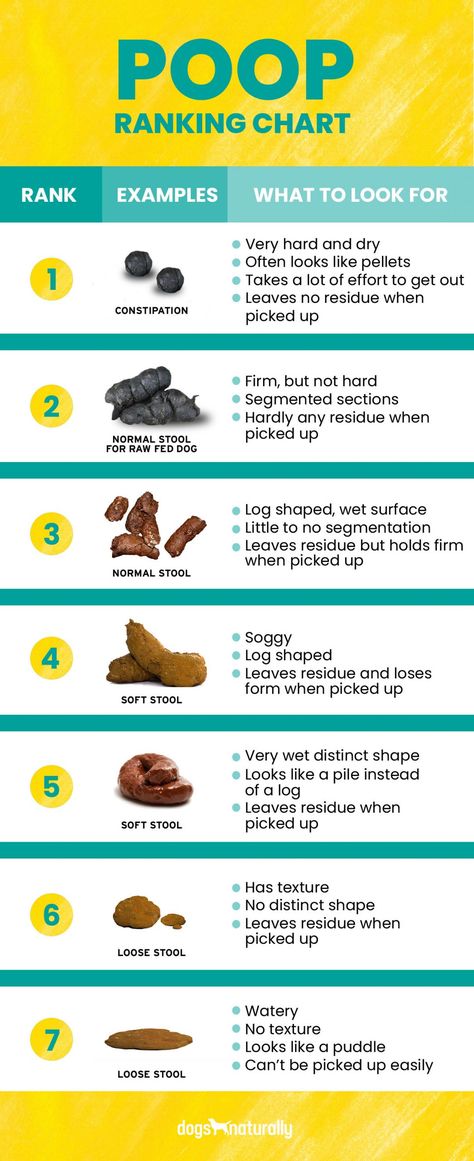 But there is a nuance in breastfeeding: the quality of the baby’s digestion directly depends on maternal diet. Therefore, quite often women turn to the doctor with the question of what to eat for the mother if the child has constipation, and how to normalize the stool of the newborn by correcting the diet of the mother.
But there is a nuance in breastfeeding: the quality of the baby’s digestion directly depends on maternal diet. Therefore, quite often women turn to the doctor with the question of what to eat for the mother if the child has constipation, and how to normalize the stool of the newborn by correcting the diet of the mother.
Classification of constipation in newborns and infants
Delayed stool in children can be acute or chronic. In the first case, it occurs once or is observed periodically, but with large intervals between episodes. In a chronic condition, this problem is relevant for a long period: the symptoms of constipation are observed constantly for several weeks or months.
In addition to classification by flow, constipation is divided into atonic and spastic. In the first case, the peristalsis is sluggish and weak, and the excreted feces are dense and voluminous. With spastic constipation, excessive peristalsis is observed in one of the sections of the intestine, which leads to a temporary "blockage" of feces and its difficult movement.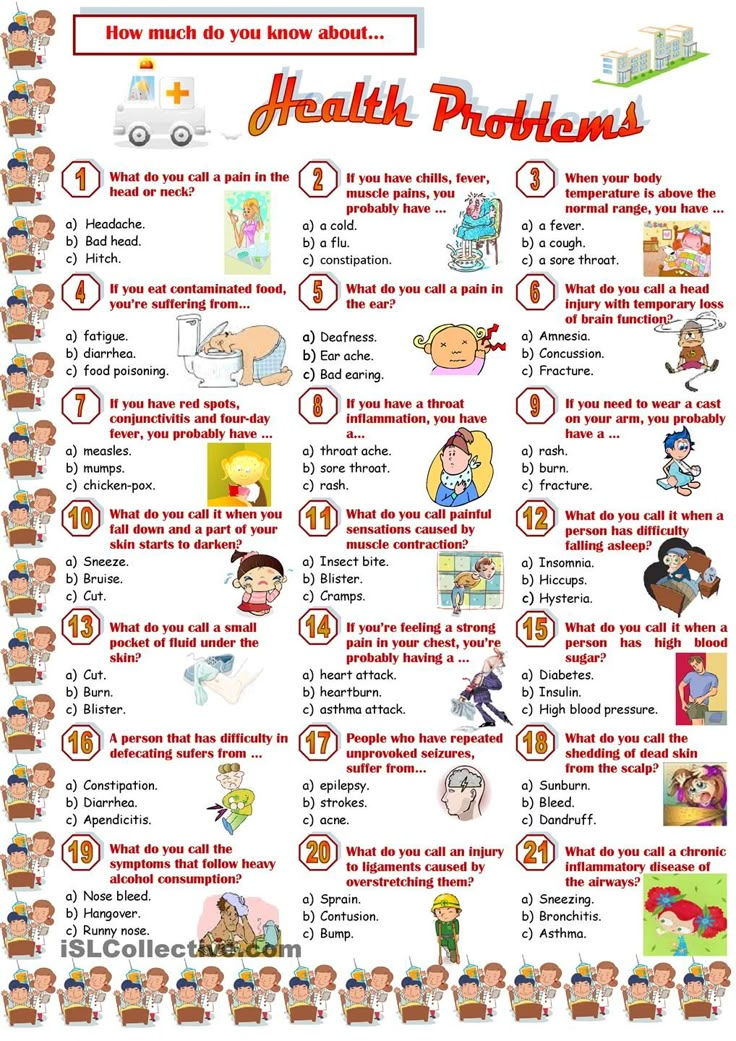 Feces with spastic constipation are heterogeneous, divided into small, dry and hard lumps.
Feces with spastic constipation are heterogeneous, divided into small, dry and hard lumps.
Back to content
Causes of constipation in infants
The most common causes of constipation in infants are:
- Improper nutrition of the mother. Maternal nutrition for constipation in a breastfed infant should be considered first. It is the violations of the diet in the mother that often lead to a delay in the stool in the child. The diet of a nursing mother with constipation in a baby often includes foods that have a fixing property.
- Features of the nervous system of the newborn. A kind of immaturity of the mechanisms responsible for innervation (that is, the supply of organs and tissues with nerves, ensuring their connection with the central nervous system) of the intestine can cause constipation due to an insufficient response of receptors to irritation by fecal masses.
- Maternal medication. A number of drugs necessary for the treatment of various diseases and conditions in a nursing mother give side effects in the form of a decrease in intestinal tone, slowing down peristalsis, etc.
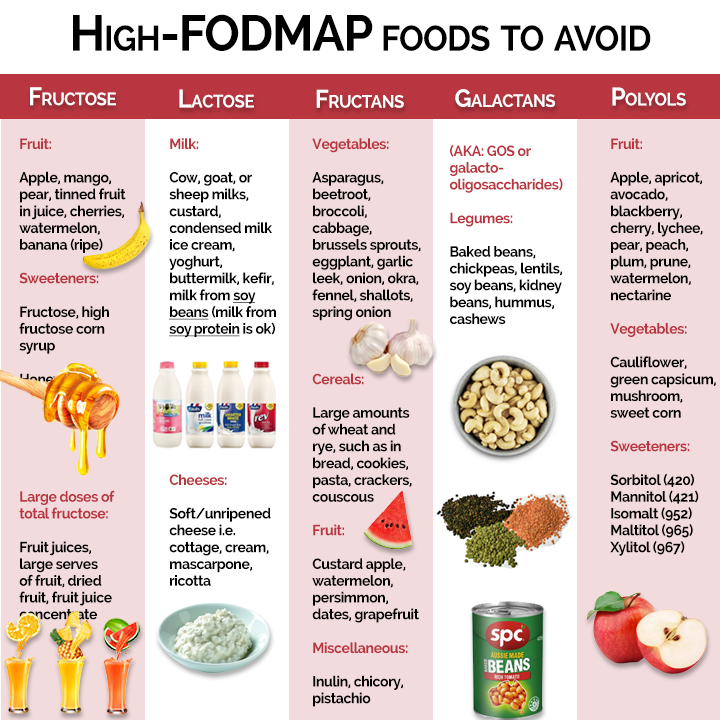 Therefore, when prescribing drug therapy, a woman should inform the doctor that she is breastfeeding.
Therefore, when prescribing drug therapy, a woman should inform the doctor that she is breastfeeding.
Back to Contents
Importance of Maternal Nutrition in Constipated Infants
Nursing Nutrition in Constipated Infants is much more important than it might seem at first glance. So, the lack of liquid in the diet leads to an increase in the fat content of milk, which can cause a delay in stool in a child. Consumption of a large amount of sweets and baked goods can change the chemical composition of milk. It also negatively affects the functions of the intestines in the baby. And the lack of plant products in the menu - vegetables and fruits, vegetable oils, etc. - reduces the amount of vitamins and minerals in breast milk, which can provoke not only constipation, but also other medical problems.
Back to content
Recommended foods
What to eat for constipated nursing mothers, you can choose from the list of recommended foods:
- Cereals .
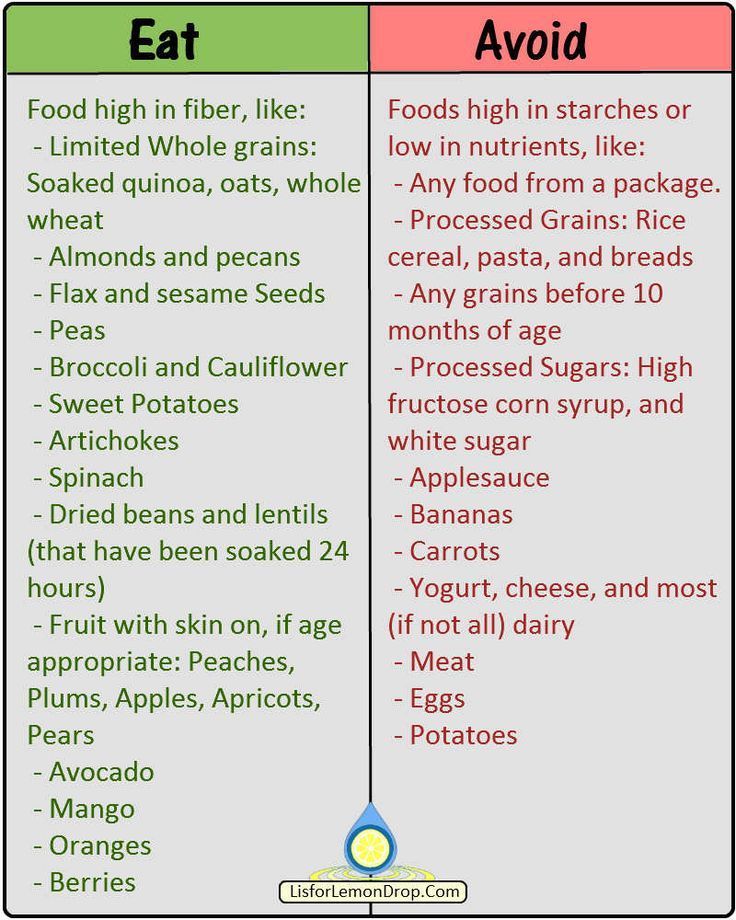 Wheat, oatmeal, corn, buckwheat porridge, whole grain bread, wholemeal or bran bread.
Wheat, oatmeal, corn, buckwheat porridge, whole grain bread, wholemeal or bran bread. - Meat products. All varieties of lean meat boiled, baked or stewed, soups in weak broths.
- Vegetables . Table beets, pumpkin, zucchini, cucumbers, cabbage, potatoes, tomatoes in the form of salads from fresh or boiled vegetables, side dishes, independent dishes (soups, stews, casseroles, etc.).
- Dried fruits . Dried apricots and prunes are the best laxative foods, but they should be limited to 3-5 per day. per day, as if consumed in excess, they can cause diarrhea.
Back to Contents
Unrecommended Foods
A diet rich in laxatives and fiber is not the only requirement for a constipated infant diet. It is equally important to exclude from the maternal menu products that produce a fixing effect. These include rice, semolina, pasta, muffins, sweets, pears, pomegranates, strong brewed tea, coffee, cocoa, chocolate.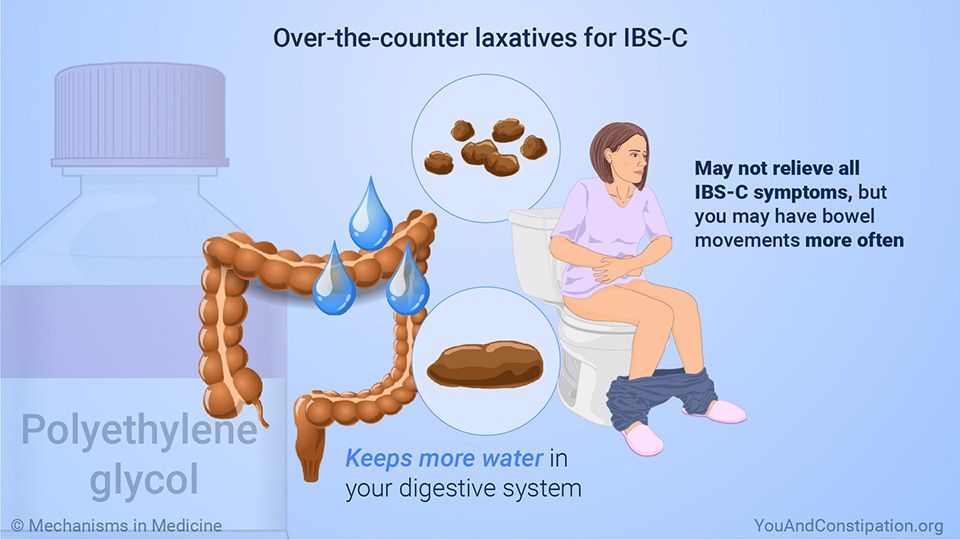
If constipation in a baby is accompanied by intestinal colic and increased gas formation, all legumes should also be excluded from the diet, and vegetables and fruits from the recommended list should be consumed only in processed form (soups, mashed potatoes, stews, etc.). Laxative products while breastfeeding should also be limited if the baby has unstable stools - alternating constipation and diarrhea.
Back to Contents
Maternal and Infant Feeding Rules to Avoid Constipation
Maternal nutrition in constipated infants is of great importance. But the diet and food hygiene mean no less: they help eliminate a number of factors that have an undesirable effect on the mother's body and, as a result, on the quality of breast milk.
Observe meal and feeding times . A clear regimen will make mom's digestion more efficient and, accordingly, improve the absorption of nutrients. And meals in small portions 4-5 times a day will ensure a uniform supply of nutrients to the milk.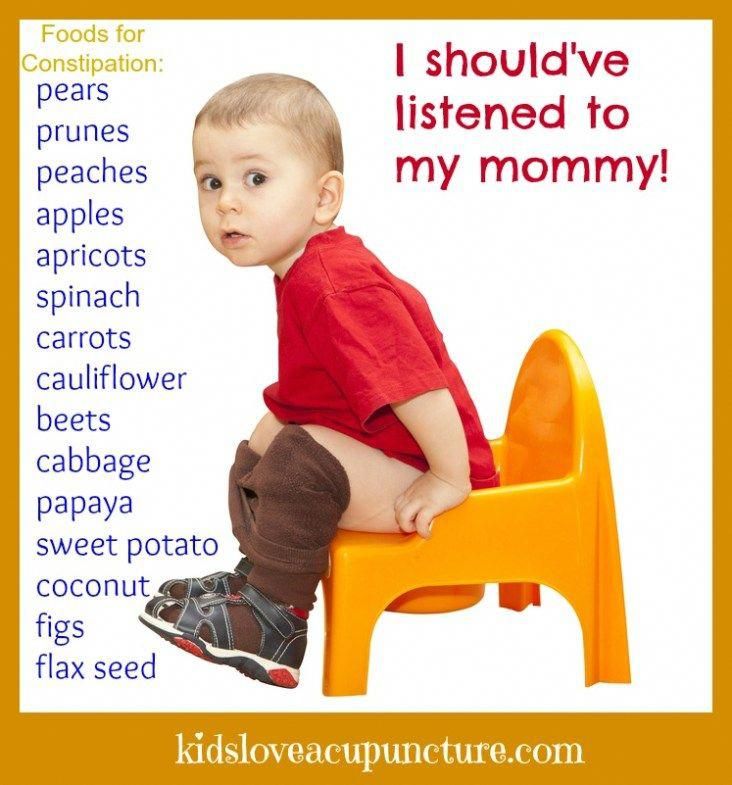 Feeding the baby should be based on the same principle. Teach him to eat at strictly allotted hours according to his age - a "disciplined" digestive system is much less prone to constipation.
Feeding the baby should be based on the same principle. Teach him to eat at strictly allotted hours according to his age - a "disciplined" digestive system is much less prone to constipation.
Maintain good feeding hygiene . In addition to traditional hygienic procedures before feeding (washing hands, wiping the nipple and areola), it is necessary to ensure that the child grasps the nipple correctly. With sucking movements, he should not swallow air - this can provoke disruption of the digestive tract. To ensure better hygiene and to make the mother feel more confident during breastfeeding, we recommend using JOHNSON’S ® 9 Breast Pads0134 Baby.
MICROLAX ® prepared a visual material especially for mothers of babies prone to constipation:
Up to content
Menu for a nursing mother for several days
If the baby has constipation, what should the mother eat and in what quantities? Here is the approximate composition of the diet for two days:
| 1st breakfast | Monday: 100 g of muesli filled with 100 g of yogurt or low-fat kefir, and weak tea with crispbread. Tuesday: 100 g porridge (oatmeal, buckwheat, barley), 150 g vegetable salad, dried fruit compote. |
| 2nd breakfast | Monday: apple, whole grain bread with a slice of cheese. Tuesday: Bran bread sandwich with honey, weak green tea. |
| Lunch | Monday: Serving of vegetable soup, 150 g of mashed potatoes with boiled beetroot salad and 100 g of boiled or baked fish, compote. Tuesday: cup of weak beef broth with whole grain toast, 150 g vegetable casserole, weak tea with 1 tsp. honey. |
| Snack | Monday: 2-3 pcs. dried apricots, 200 ml of kefir. Tuesday: 150 g finely grated fresh apple and carrot salad dressed with 1 tbsp. l. low fat sour cream. |
| Dinner | Monday: 200 g syrniki, prunes decoction. Tuesday: 150 g chicken breast, 100 g fresh or boiled vegetable salad, kefir - 200 ml. |
Further, your diet should be built similarly to this example, taking into account the recommended and undesirable products.
Back to Contents
The information in this article is for reference only and does not replace professional medical advice. For diagnosis and treatment, contact a qualified specialist.
Constipation in children. Diet and gymnastics of a child with constipation.
Constipation is a very common problem in children. Why?
With the start of complementary foods, stools in infants most often improve. This is due to the introduction of fiber into the child's diet, as well as an increase in the child's motor activity.
But after 1 year the number of children suffering from constipation starts to grow again. This is due to the refusal of breastfeeding, the transition to solid food, a decrease in the amount of water in the diet.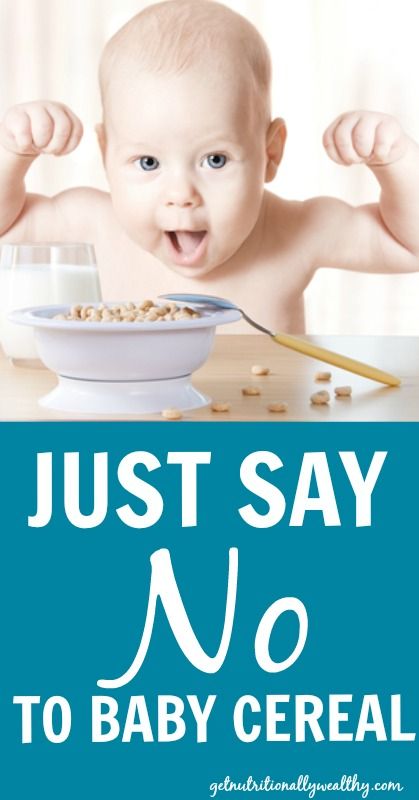 Approximately every fifth child after a year suffers from constipation. How to deal with this problem?
Approximately every fifth child after a year suffers from constipation. How to deal with this problem?
For your health - the recommendations of the pediatrician of the clinic "Lor Plus", a doctor of the highest category Anna Gennadievna Marakulina .
What are the most common causes of constipation in children?
- Insufficient fluid volume.
- Diet, poor in fiber.
- Insufficient exercise.
How to avoid constipation in a child?
To prevent constipation, the child must drink enough fluids. Be sure to teach your child to drink ordinary water. A child over 3 years of age is required to drink at least 2 glasses of water a day.
— It is not recommended to give your child sweet and carbonated drinks, strong tea and coffee. They have a diuretic effect, contribute to the development of dehydration and constipation.
- Cold water stimulates peristalsis. And warm water has a relaxing effect on the muscles of the gastrointestinal tract and is quickly absorbed. Therefore, in case of constipation, it is recommended to give a child up to 3 years old 1/2 cup, and over 3 years old - 1 glass of cool water in the morning on an empty stomach. Start with water at room temperature. If the effect is not achieved and the state of health permits, the water temperature is gradually lowered. It should be pleasantly cool. In this case, peristalsis is stimulated by rapid filling and irritation of the stomach, and then the intestines.
Therefore, in case of constipation, it is recommended to give a child up to 3 years old 1/2 cup, and over 3 years old - 1 glass of cool water in the morning on an empty stomach. Start with water at room temperature. If the effect is not achieved and the state of health permits, the water temperature is gradually lowered. It should be pleasantly cool. In this case, peristalsis is stimulated by rapid filling and irritation of the stomach, and then the intestines.
- There are drinks that have a laxative effect. Dairy products, plum and beet juice, dried fruit compote (prunes, dried apricots, raisins), chamomile decoction, children's teas with fennel and dill. By including these drinks in your baby's diet, regular stools can be achieved. But this should be done gradually, starting with small amounts, so as not to cause a digestive breakdown in the child.
Does diet help with constipation?
Everyone knows that a diet for constipation should include a lot of fiber-rich foods, and these are vegetables and fruits.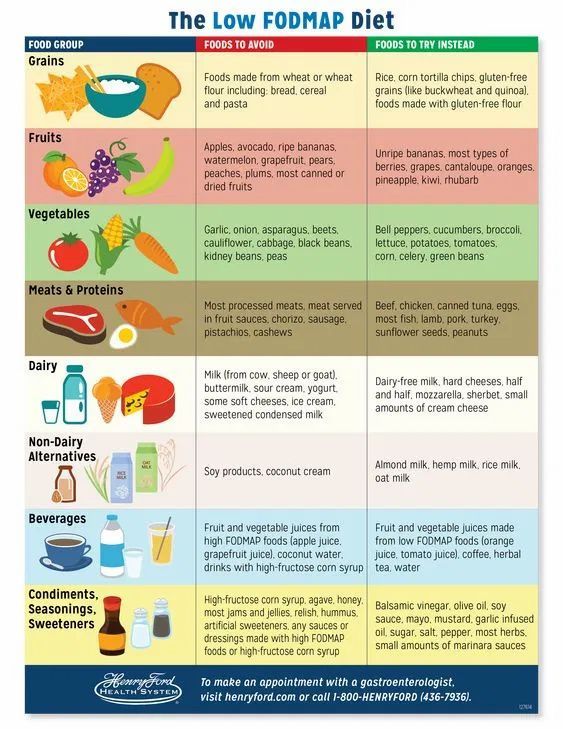 But not everyone knows how much and what kind of fruits and vegetables a child needs.
But not everyone knows how much and what kind of fruits and vegetables a child needs.
Yes, most children to normalize the chair and regularly in the child’s drinking regimen and gum according to age. But not for everyone.
Some people need to supplement their diet with laxative foods. These include: plums, beets, prunes, raisins, figs, dates, dried apricots, legumes, nuts. They should be present in the diet of a child prone to constipation. Include them in the diet should be gradually. For some, it will be enough to consume one of the listed products daily, while others will need to include several in the diet.
Cereal porridges with shells (buckwheat, oatmeal, pearl barley, wheat) and wholemeal bread are also useful.
Fermented milk products (kefir, curdled milk, fermented baked milk, biolact) are best consumed before going to bed.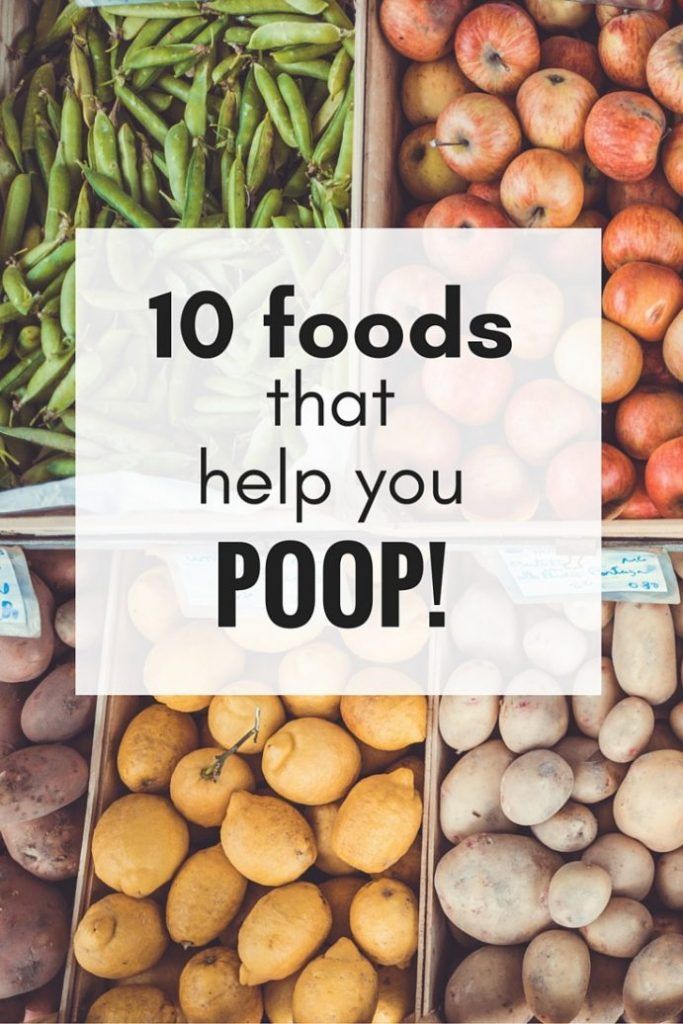 1 glass a day is enough. You can increase the daily intake of kefir to 2 glasses per day.
1 glass a day is enough. You can increase the daily intake of kefir to 2 glasses per day.
Refined rice, blueberries, pears, sweets and buns, flour products from premium flour, strong tea, animal fats have a fixing effect. It is better for children prone to constipation to abstain or significantly limit their use.
I recommend trying several recipes for constipation tested by me and my patients:
— Take equal amounts of dried fruits: figs, dates, dried apricots, prunes, wash well, pour over with boiling water, destone, turn through a meat grinder or chop in a blender . Take daily in the morning on an empty stomach (30 minutes before meals) 1-2 teaspoons with 1 glass of water with lemon. Children under 3 years old - 1/2 cup of water.
This recipe can be used by children from 1 year old, but be sure to first test how the child tolerates each dried fruit separately, and then prepare the mixture.
— Sour milk + prunes for the night: 10-20 pieces of prunes are well washed, brewed with boiling water for 5-10 minutes, a small child can be mashed.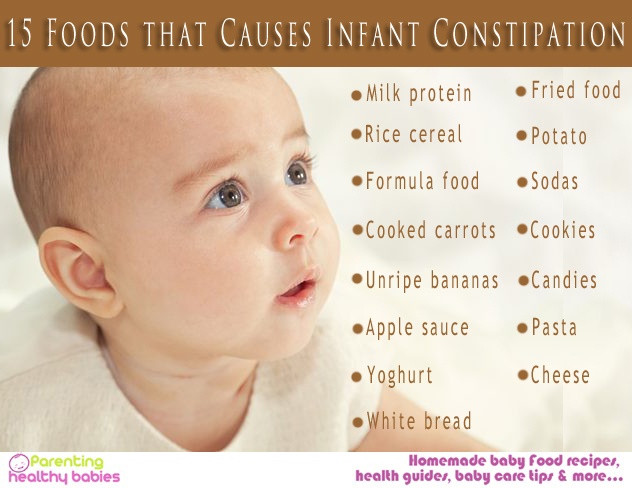 Eat before going to bed with 1 glass of kefir, biolact, fermented baked milk, curdled milk.
Eat before going to bed with 1 glass of kefir, biolact, fermented baked milk, curdled milk.
Wheat bran is a very useful product, because contain approximately 50% fiber, as well as many vitamins and minerals. You can buy them at a pharmacy.
Wheat bran can be included in the diet of children after 1 year as a remedy for constipation. Start with a daily amount of 1 teaspoon, gradually, every 2-3 days, increasing the dose until a regular stool is achieved. The maximum dose for children is up to 2 tablespoons per day.
The daily dose of bran is brewed with a small amount of boiling water. It is kept under the lid for 30-40 minutes, then the excess water is drained, and the swollen bran is added to the child's food, most often to porridge. You can add them to kefir, cottage cheese, vegetable and fruit puree. You can add the entire daily dose of bran in one serving of food, can be divided evenly into breakfast, lunch and dinner.
Gymnastics for constipation.
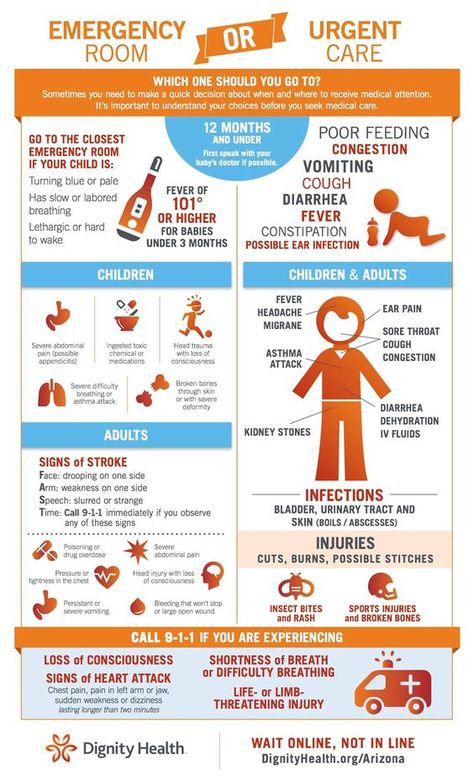 Helps or not?
Helps or not? In my experience, it helps a lot! Active and mobile children are less likely to suffer from constipation. For the prevention of constipation, sports are useful: running, swimming, gymnastics, squats, tilts, exercises to strengthen the abdominal press.
A child suffering from constipation, in addition to following a diet and drinking regimen, is recommended to perform several simple actions in the morning:
- Get up early so that there is enough time for all morning activities, including going to the toilet, water (possible with a mixture of dried fruits),
- Perform the following exercises - Starting position standing: take a deep breath, then a deep exhale, then draw in the stomach as much as possible and stick it out. Repeat the exercises several times.
There is a good chance that the child will want to go to the toilet afterwards.
Abdominal massage is also useful.
Is constipation so dangerous?
The causes, and hence the consequences of constipation can be different:
• stress - you need to create a calm environment for the child,
• rectal fissures - you need to contact the surgeon,
• arbitrary retention of stool - you need to talk with the child, try to work out from him morning defecation schedule.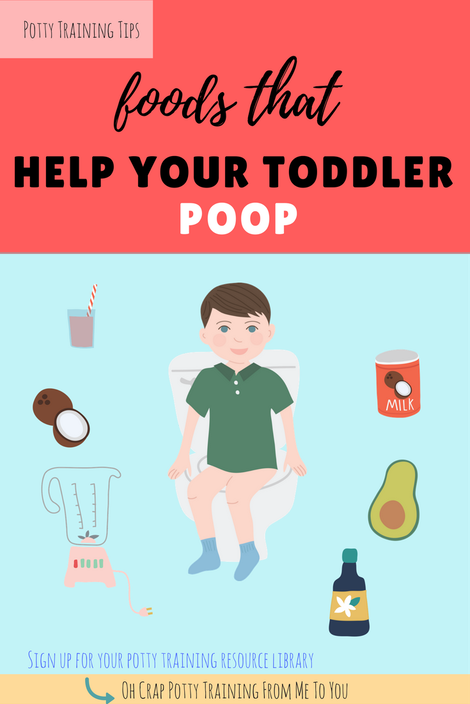
And the consequences may be different. It is always better to find out the causes of the disease with your pediatrician. So you can avoid dangerous consequences.
It is not recommended to give a child laxatives and suppositories on their own, as well as to repeat cleansing enemas frequently. If for a long time (more than 1 month) it is not possible to establish a regular chair for a child, you need to see a doctor. Diet
Let your baby be always healthy!
And the pediatricians of the clinic "Lor Plus" are ready to answer the questions of mothers and fathers about the well-being of the child and the prevention of childhood diseases.
Come to our clinic!
Experienced paediatricians see children in our clinics:
Marakulina Anna Gennadievna (pediatrician, doctor of the highest qualification category, experience 29 years)
Fedoseeva Olesya Andreevna (pediatrician).
Our doctors:
- They will pick up the key to a crying baby,
- They will calm the worried mom,
- They will quickly make the correct diagnosis,
- They will prescribe an effective treatment.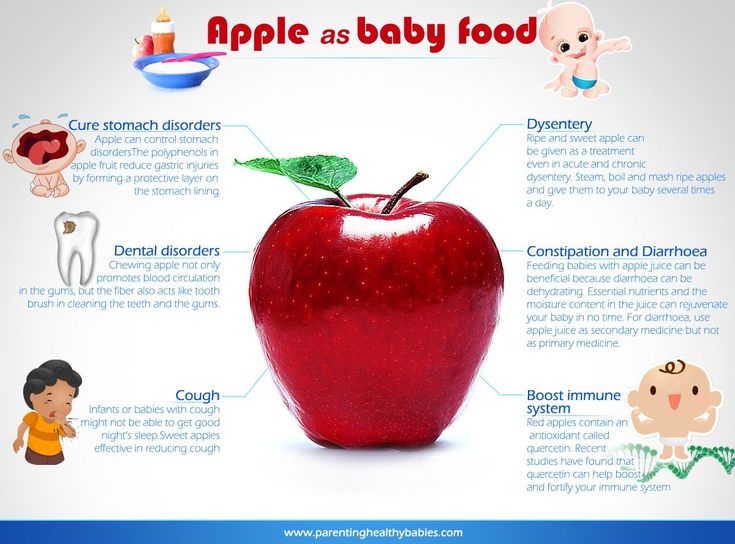
Make an appointment with the Pediatrician at a convenient time for you
| You can make an appointment by phone. +7(342)258-258-8 or through the registration form below. Appointment with a doctor through the Administrator of the clinic Leave your details, our Administrator will call you back in the near future, consult on the cost of services, select the best time for your appointment. Your name Your phone number Enter your phone number so that the clinic administrator will contact you in advance. Message Specify wishes for date, time of appointment and doctor By clicking on the button, you consent to the processing of your personal data. |
Please note that:
- When visiting the clinic for the first time, it is advisable to arrive 10 minutes before the appointed time in order to fill out a medical history and sign an agreement, informed consent for medical intervention.
